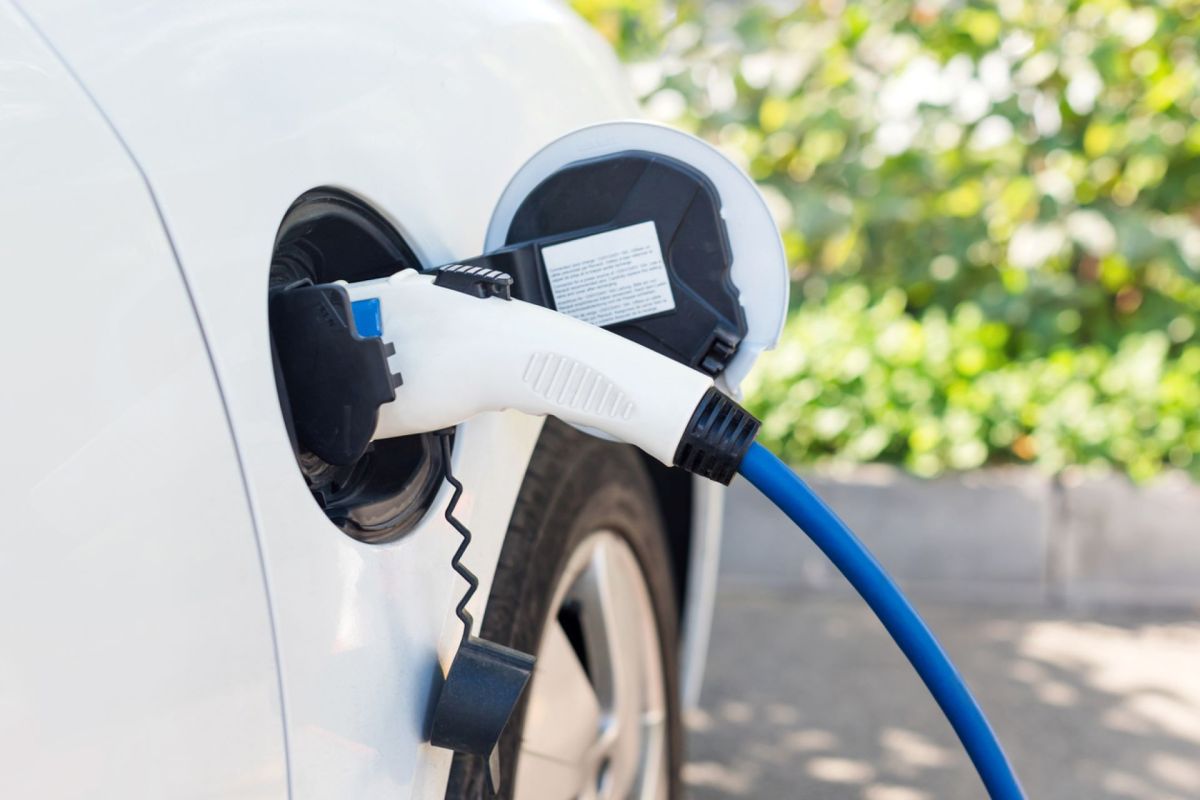Although "black mass" sounds like something straight out of a science fiction novel, it's a real asset of the EV and spent battery economy.
It's a mixture of metals such as lithium, cobalt, and nickel extracted from spent battery packs and battery-manufacturing scraps. Many manufacturers are taking particular interest in this concoction from recycled batteries since it can reduce the costs of creating new ones.
Several big auto manufacturers — including BMW, Ford, and Mercedes-Benz — have announced interest in looking at battery recycling partnerships, as Bloomberg reports. Chemical company BASF SE has announced that it plans to produce black mass in Germany in 2024, which would bypass traditional manufacturing countries like China entirely.
Black mass is made by crunching down batteries, battery cells, or production scrap and then refining the result to concentrate the precious metals. If new batteries utilize battery scraps, it reduces the need for mining limited supplies of these metals. In turn, this also decreases the environmental impact of mining novel metals for new batteries.
Forbes reported that recycled materials are expected to account for 15% of the global lithium supply, 11% of nickel, and 44% of cobalt by 2030.
Although there is movement toward expanding black mass recycling, there are some potential hurdles the industry will need to overcome. Experts report that there may be challenges to keeping the recycling programs going due to types of battery other than the currently dominant batteries. The popularity and performance of lithium-iron-phosphate cells (LFPs) are more attractive to electric car manufacturers long term, but do not allow for the same type of recycling. Plus, the LFPs' value is much lower and more difficult to refine than the current nickel-cobalt-manganese batteries, which disincentivizes recycling.
Several European governments have also halted the exporting of black mass recycling products in part because of the potential hazardous risks of transporting the metals. This hinders the materials from being directed to where they can be used. This logistical hurdle has prevented black mass from being used to its fullest potential — and from seeing through its eco-friendly possibilities.
"It's a shame, as there's so much attention on sustainability at the moment but yet the red tape makes lithium-ion battery recycling harder in Europe," Julia Harty, an analyst at Fastmarkets, told Bloomberg.
Fastmarkets spoke with some industry sources to forecast the future of the ability to properly harvest the potential of these spent batteries in Europe.
"Everyone expects the EU to bring in a blanket classification as waste [for black mass and] that would mean no more loopholes and you could only export to OECD [Organisation for Economic Co-operation and Development] countries," one black mass producer and trader said. "[And while that would include South] Korea and Japan, at least the situation would be clearer."
TCD Picks » Upway Spotlight

Join our free newsletter for weekly updates on the coolest innovations improving our lives and saving our planet.













